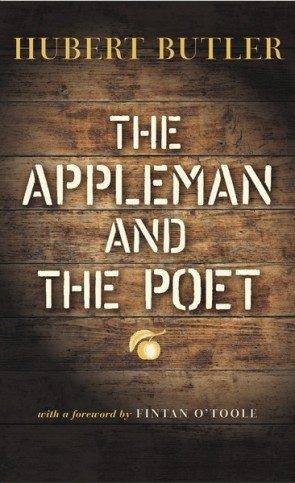
The Appleman and the Poet
By: Hubert Butler
Publication Date: 22 Sep 2014
€19.95
The Appleman and the Poet, the fifth volume of Hubert Butler’s essays, completes a thirty-year odyssey embarked upon by The Lilliput Press in 1984. Our flagship author has finally come home, welcomed by Fintan O’Toole in his foreword: ‘One of the great joys of these essays is the discovery of sentences as sharp and lithe as a Toledo rapier.’
Beginning with ‘Russian Dispatches 1932–1946,’ Butler gives an evocative description – from the viewpoint of a bourgeois teacher – of a society in dissolution, before the onset of Stalin’s Great Purge, as show farms give way to show trials, the iron curtain descends across Europe, and Communism and Christianity lock horns. Part Two, ‘Peace News Papers 1948–1958,’ largely derives from the weekly Peace News, in which Butler debates and defends with steely precision Ireland’s neutrality, pacifism, and the integrity of Yugoslavia, ‘where we know that in 1941 and 1942 one very pious government [Croatia’s] perpetrated the greatest massacre in the history of Christendom.’
‘Autobiographies’ contains some of Butler’s most affecting work. It describes his parents and home at Maidenhall; details his education in England; reflects on a universal sexuality; has a poignant piece about deafness; and concludes with the Virgilian essay of the book’s title. Part Four, ‘Musings of an Irish Protestant,’ expresses Butler’s potent sense of an Anglo-Irish identity and community: from the ‘right of private judgment’ proclaimed at the 1782 Dungannon Convention, in a line of descent from Charlemont, Henry Grattan, Wolfe Tone and Emmet, via Thomas Davis, Standish O’Grady, Parnell and Arthur Griffith, to Yeats and the men of 1916 – all independent spirits. ‘Family Matters’ addresses the Butler clan at home and abroad, with essays taken from the Journal of the Butler Society.
‘History and Literature under Review’ assembles newspaper and journal pieces on diverse subjects: Swift, Yeats, Horace Plunkett, Enid Starkie, Rebecca West (in Yugoslavia), the Holocaust, Early Irish saints, Hans Küng, Teilhard de Chardin, and Ronald Reagan and the American Wall of Separation (between Church and State) in the 1980s.
The Appleman and the Poet places a capstone upon a project begun with Escape from the Anthill in 1985. Butler’s essays in The Appleman and the Poet, written over six decades, establish him as one of Ireland’s great twentieth- century prose writers and thinkers.
‘Whether he is writing about wartime atrocities or local history, the slaughter of the Jews or Celtic hagiography, he speaks with authenticity … one of the great essayists in the English language, the peer of Hazlitt, Robert Louis Stevenson and George Orwell.’ John Banville
‘A unique distillation of the Anglo-Irish spirit, as idiosyncratic, mellow and stimulating as poteen matured in a brandy-cask … His book inspires hope for the twenty-first century.’ Dervla Murphy , The Irish Times
‘Like Milosz from Poland or Holub from Czechoslovakia, Butler is a true cosmopolitan, and his writing has something of their unruffled astringency and meditative humour.’ John Bayley, The Times Literary Supplement
‘[A] most surprising and exhilarating hamper of essays, full of wit, wisdom, and luminous insights.’ Robert Kee , Independent on Sunday
‘Butler is an eloquently moral, enlightened and intellectually militant Irishman who uses incisive words as his weapons … in a modest yet considerable way his name might now begin to take its place in the tradition of such ‘solitary’ Irish libertarians as Swift and Burke, Davitt and O’Casey, Sheehy-Skeffington, O’Faolain, O’Donnell, MacBride and Noel Browne.’ David Krause, Irish Literary Supplement
‘To follow Hubert Butler is to enjoy the hair-raising frisson of history passing by.’ Eoghan Harris, Image
‘Opening the contents page, one has an impression of disparateness; closing the book, of having discovered an oeuvre … Butler’s unadorned style expresses atmosphere with extraordinary clarity.’ Roy Foster
ABOUT THE AUTHOR
Hubert Butler was born in Kilkenny on 23 October 1900. Educated in England at Charterhouse and St John’s College, Oxford, he travelled extensively throughout Europe during the twenties and thirties before returning in 1941 to Co. Kilkenny, where he lived until his death in 1991. Market gardener, broadcaster, journalist and historian, his published works include Escape from the Anthill, The Children of Drancy, and In the Land of Nod, all of which won him international recognition. A one volume selection, The Sub-Prefect Should Have Held His Tongue, is available from Alan Lane Penguin in London; a further selection, Independent Spirit, appeared with Farrar, Straus & Giroux in New York in 1995.
| ISBN | 9781843512677 |
|---|
| Weight | 0.75 kg |
|---|---|
| Dimensions | 136 × 215 mm |
| Publication Date | 22 Sep 2014 |
| Binding | Hardback |
| Page Count | 280pp |

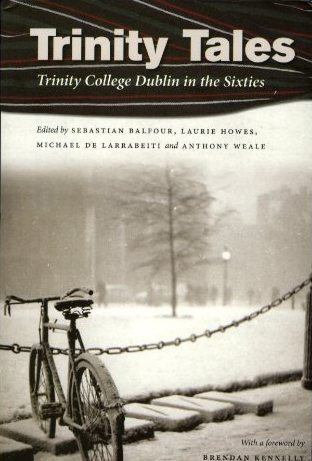
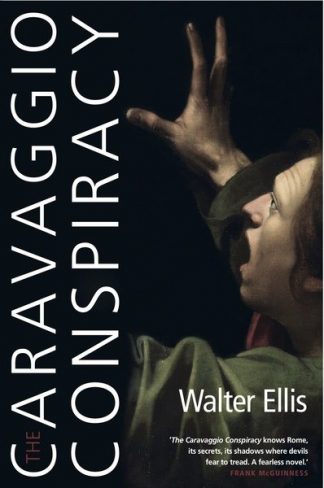
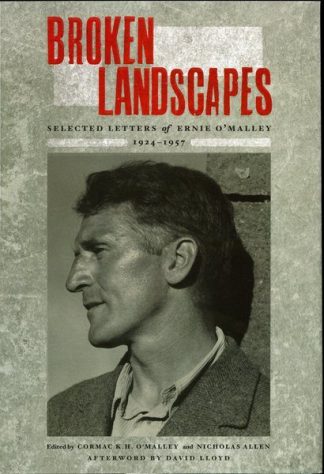
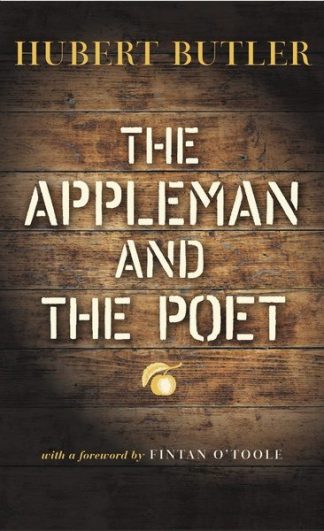
Lilliput Press –
“One forsees the savory pleasure of reading Hubert Butler’s latest essays from piquant phrases by leading twenty-first century Irish writers (see Lilliput website). They whet one’s appetite to read him as “one of the great essayists in the English language, peer of Hazlitt, Robert Louis Stevenson and George Orwell”, “sentences as sharp & lithe as a Toledo rapier”, & “a unique distillation…as idiosyncratic, mellow & stimulating as poteen matured in a brandy-cask”. I’d add EM Forster whose exquisite prose is now matched, if not surpassed, by Butler’s elegant unveiling expositions. Important threads woven into the fabric of his collected essays, too often overlooked by Irish, English & European readers, will especially appeal to Americans who need to hark to his astute observations & farsighted warnings about separation of church & state (Irish must also hearken!). A devotee of Jefferson’s & Madison’s work on Virginia’s Statute for Religious Freedom & The Bill of Rights of the US Constitution, Butler enumerated origins & present perils snarling religion, politics & government. He illuminates steady downstream erosion of Ireland’s 1782 Dungannon Convention’s right of private judgment. He documents how failure to resist theocrats by American & Irish politicians endangers civilization in both nations. Finally these wise witty insightful essays provide succinct clues to help endure stresses & throes of the twenty first century & possibly change governance of life for the better.”